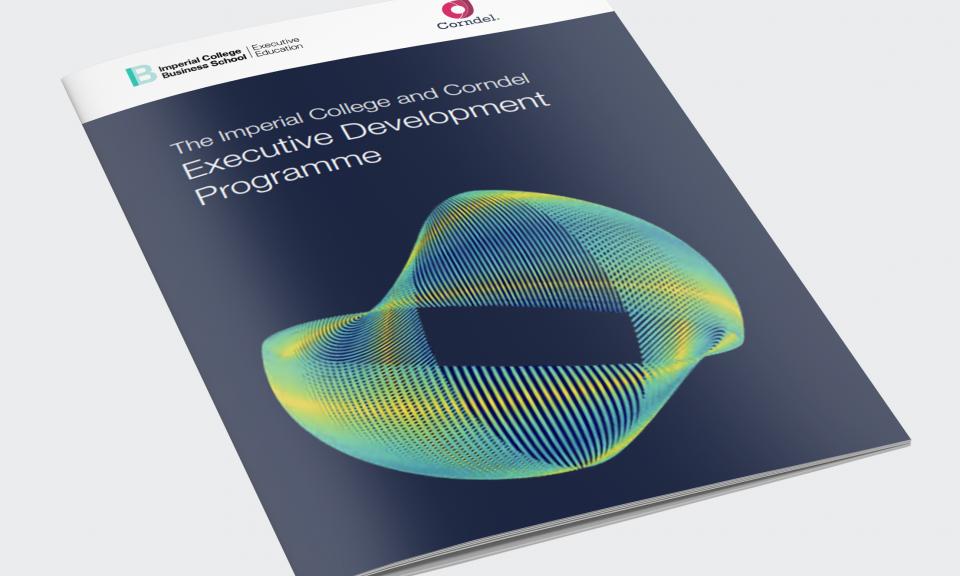An ambitious government plan to flood classrooms with technology was met with many questions and strong criticism during the national congress of the country’s second largest teachers’ union.

Basil Manuel, President of the South African Education Union (NAPTOSA)
In its plan, which was developed without proper consultation with the teaching profession, the government intends to provide tablets to all learners, but seems to overlook the necessary professional development programs needed to help teachers use the new technology.
“How far removed from the classroom are those so called experts and education policy makers?” asked Basil Manuel, President of the National Professional Teachers’ Organisation of South Africa (NAPTOSA), when referring to ambitious technology shift.
Manuel made his comments during the opening of the NAPTOSA’s fourth national congress, taking place from 30 Oct. through 1 Nov. in Benoni.
While recognising that the country is facing serious problems in providing sufficient textbooks to all students, Manuel also questioned a government proposal to prescribe one textbook per subject in basic education. The use of these textbooks, to be produced by the Education Ministry, would be mandatory. Delegates expressed their concern about the one-textbook-policy, as it would seriously restrict teachers’ professional freedom. The timing of this debate is furthermore worrying as most schools have just invested millions to textbooks for the CAPS curriculum.
Too much assessment
The congress, addressing the challenges of quality and equity in education in South Africa, focused on problems arising from a new national curriculum, which was introduced in 2013 for basic education grades R through 12.
Most teachers find the rules too rigid and with too much emphasis on assessments, which often forces them to work until late in the evening to mark tests. There is also discontent about the Annual National Assessment (ANA), which was meant to be a standardised test to assess the school system as a whole, but which is now being used to grade schools. “As a result, schools are tempted to teach to this test, rather than focusing on the curriculum as a whole,” said Manuel. “Quality teaching and learning are suffering from the assessment spree.”
Education International (EI) General Secretary Fred van Leeuwen, who attended the congress, told delegates that the privatisation and marketing of education services are becoming serious obstacles to the achievement of quality and equity in our education systems. “It is an illusion that education can be delivered more cheaply and efficiently by the private sector – with fewer and less qualified staff, and a liberal dose of one-size-fits-all on-line programs and standardised testing,” said van Leeuwen in his remarks.
Discipline
The NAPTOSA President also warned the congress that the nation “must watch out for institutional decomposition”. He expressed concern about ill-disciplined behaviour in schools, and also made reference to the recent disturbances in the South African Parliament. Not only learners, but teachers too do not always demonstrate discipline, he said, for example when they are not arriving on time in the classroom. “We need to be disciplined in our branches and provinces. We must live integrity and give our NAPTOSA Professional Charter life,” Manuel urged NAPTOSA delegates.
















